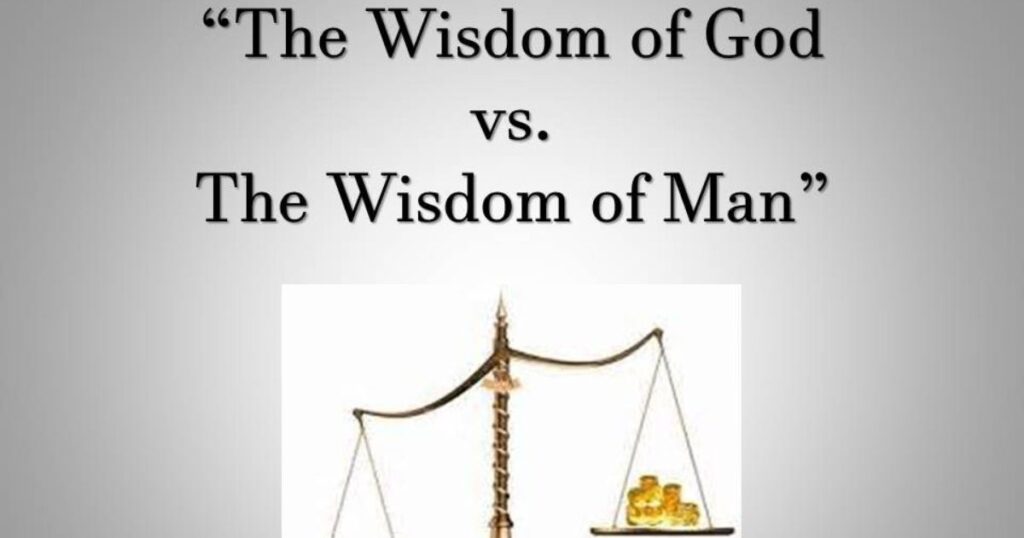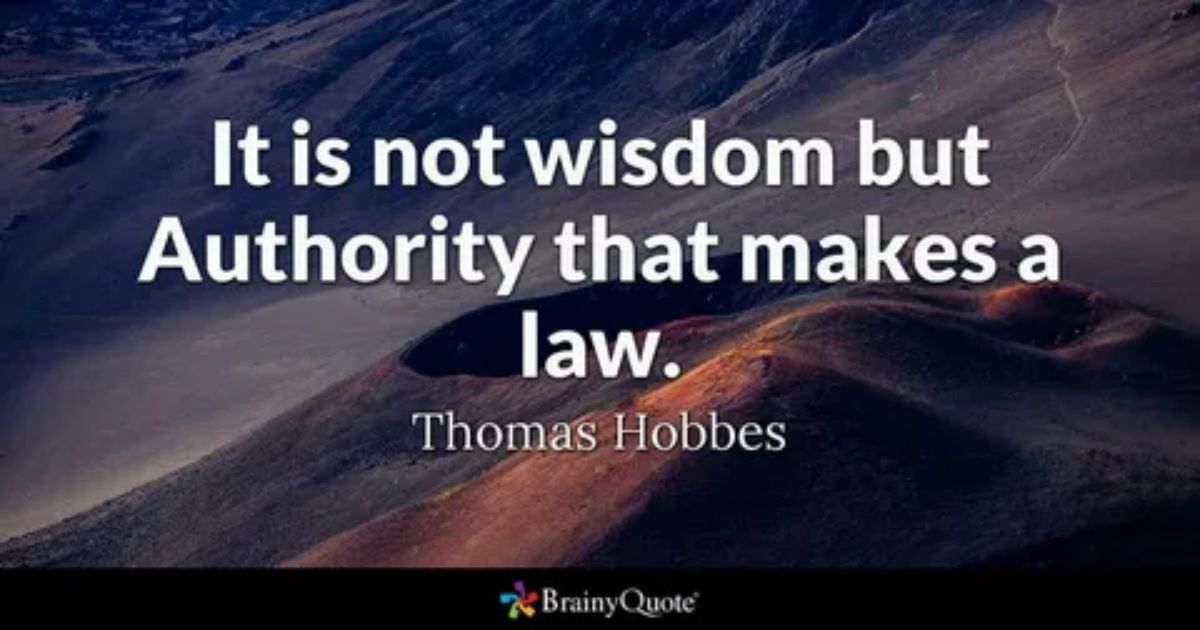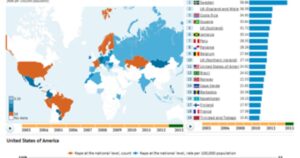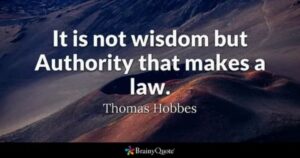In 2024 we are diving into the idea that who makes a law matters more than why. Tymoff saying it is not about how smart you are but who is in charge. So laws are not always about what is right or fair but about who is calling the shots. It is like saying the boss decides not the brainiacs. This concept shakes up how we see laws and who holds the real power.
Who makes the rules matters more than why. Tymoff assertion challenges the common belief that laws stem from wisdom. Instead it suggests they are born from authority. It is a simple but profound shift in perspective that forces us to rethink the nature of governance. Understanding that it is not wisdom but authority that makes a law. t tymoff could reshape how we view the power structures that govern our societies.
What does this mean for us? It is like saying the boss makes the rules, not the smartest person in the room. Tymoff’s idea flips the script on how we understand lawmaking. It prompts us to question who really holds the power in our society. Understanding that it is not wisdom but authority that makes a law. t tymoff could lead to some eye opening revelations about governance.
Why Laws Are Made, Not Wisdom?
Laws are made to keep society in check and maintain order. They’re like the rules we follow to ensure everyone plays fair. But sometimes, laws aren’t born out of deep wisdom; instead, they’re shaped by immediate pressures. This means that short-term goals and lobbying influences can sway what laws get passed.
So, why do laws sometimes lack wisdom? Well, it’s because lawmakers may prioritize pleasing certain groups or meeting immediate political goals. This can lead to laws that cater more to short-term interests than long-term well-being. Ultimately, understanding why laws are made, not just for wisdom’s sake, sheds light on the complexities of the legislative process.
Read More: Unveiling the Luxury FintechZoom – A Gateway to High-End Financial Solutions 2024
The Wisdom Role In Law
In law wisdom acts like a guiding light. It helps refine and shape legislation for the better. Wise minds can spot flaws in laws and work to improve them. They bring moral insight and fairness to the legal system. Through wisdom laws evolve to reflect society changing values and needs. It is like having a wise elder counsel the community on what’s right and just.

The role of wisdom in law is crucial. It acts as a moral compass steering legislation towards justice and equity. When laws fall short wisdom steps in to identify areas for improvement. It ensures that laws adapt to the evolving needs of society. Ultimately wisdom plays a vital role in maintaining the integrity and effectiveness of the legal system.
Authority And How It Appears
Authority is the power to make and enforce laws but it is not always fair. Sometimes dominant groups create laws that benefit them but harm others. This can lead to inequality and injustice in society. Authority should come from informed consensus where everyone has a say in making laws not just a few powerful groups.
Authority can appear in different forms such as government officials judges and police officers. While these figures have the power to enforce laws true authority comes from the people trust and agreement. In a fair system authority should reflect the will of the majority while protecting the rights of minorities.
Read More: WellHealthOrganic Buffalo Milk Tag: Nutrition Profile: Protein, Calcium, and More
Objections To Tymoff’s Claim
Some argue Tymoff oversimplifies authority and wisdom in lawmaking. They believe many factors like public opinion and political interests shape legislation. Despite this most modern laws aim for fairness ethics and order. Amendments or repeals can correct laws lacking wisdom over time. Legal systems creatively weave authority and wisdom to adapt to societal changes.
Others point out Tymoff’s view does not capture the complexity of lawmaking dynamics. They argue that authority and wisdom must strike a delicate balance. Representative lawmakers must simplify people wishes while correcting past mistakes as knowledge grows. Ultimately good laws need both authority and wisdom to serve justice and social cooperation.
Legal Evolution, Authority, And Wisdom
Legal evolution happens when laws change over time. Authority and wisdom play big roles in this process. Authority decides laws but wisdom helps refine and improve them. As society evolves laws need to adapt to new ideas and values. Judicial review amendments and repeals are ways laws evolve. They ensure fairness and relevance in changing times.
Wisdom guides us in making laws fairer and more just. It helps us see when laws need updating or changing. Over time wisdom can persuade authority to accept new ideas. Together authority and wisdom shape the laws that govern our society.
Politics Necessitates Authority Over Consensus
Authority often trumps consensus due to the complexities of governance. Decision making requires quick action which may not always align with achieving unanimous agreement. Leaders must navigate diverse perspectives and interests often needing to prioritize certain agendas over others.

This dynamic ensures that governance remains functional in the face of differing opinions. While consensus is valuable it can be challenging to achieve in large diverse societies. Thus authority becomes necessary to drive policy and enact laws that serve the broader interests of the population.
What Makes A Law? Wisdom Or Authority According To Edward Gibbon, Not T. Tymoff
According to Edward Gibbon historian a good law needs both wisdom and authority. He believes laws should have the support of wisdom, fairness and the people. Unlike Tymoff who emphasizes authority Gibbon highlights the importance of balancing power with moral judgment.
Gibbon view suggests that laws are most effective when they blend authority with wisdom. He emphasizes that laws must be just and ethical reflecting the collective conscience of society. In essence Gibbon advocates for a harmonious integration of power and morality in the creation and implementation of laws.
Examples From History
History offers compelling examples of how authority and wisdom intersect in lawmaking. Take Napoleon reforms which centralized control but lacked flexibility. Similarly Hammurabi is Code imposed strict rules without room for adaptation. These examples highlight the consequences of prioritizing authority over wisdom in legislation.
Conversely indigenous legal systems often embraced community consensus and traditional knowledge. These systems respected the wisdom of the collective and incorporated it into the law. Such examples showcase the effectiveness of balancing authority with wisdom to create just and adaptable legal frameworks.
Introspection Into Lawmaking Dynamics
Examining how laws are made reveals a complex process. It involves many steps and considerations. Lawmakers must balance various interests and perspectives. They need to ensure fairness and effectiveness in the laws they create. This introspection sheds light on the intricacies of governance. It shows how decisions are made and the factors that influence them.
Lawmaking dynamics involve a delicate balance of power and persuasion. Representatives must navigate competing interests and opinions. They aim to create laws that serve the greater good while respecting individual rights. This introspective look into lawmaking dynamics highlights the challenges and responsibilities inherent in crafting legislation.
The Ideal Balance Between Wisdom And Authority
Finding the perfect balance between wisdom and authority is like walking a tightrope. It is about blending the knowledge and experience of wise decision makers with the power and responsibility of those in charge. Too much wisdom without authority can lead to indecision while too much authority without wisdom can result in injustice.
In an ideal world wisdom tempers authority guiding it toward fairness and equity. This balance ensures that decisions are both informed and just benefiting society as a whole. Striving for this equilibrium requires constant reflection and adjustment but it is essential for creating a governance system that truly serves the needs of its people.
Frequently Asked Questions
Why does Tymoff’s statement challenge common beliefs about laws?
Tymoff’s statement challenges the idea that laws are made based on what’s right or wise. Instead, it suggests they’re made by those in charge.
How does understanding Tymoff’s idea change our view of laws?
Understanding Tymoff idea makes us see laws as more about power structures than about fairness or wisdom.
Why is the balance between wisdom and authority important in lawmaking?
The balance ensures that laws are both fair and well informed benefiting everyone in society.
Conclusion
Tymoff’s assertion challenges us to rethink how laws are made. While authority plays a significant role wisdom must also guide decision making to ensure fairness and justice. The evolution of laws reflects society growth in understanding and compassion.
Finding the right balance between wisdom and authority is crucial for effective governance. It requires ongoing reflection and adaptation to meet the evolving needs of society. By understanding and applying Tymoff’s idea we can strive for laws that truly serve the common good.











